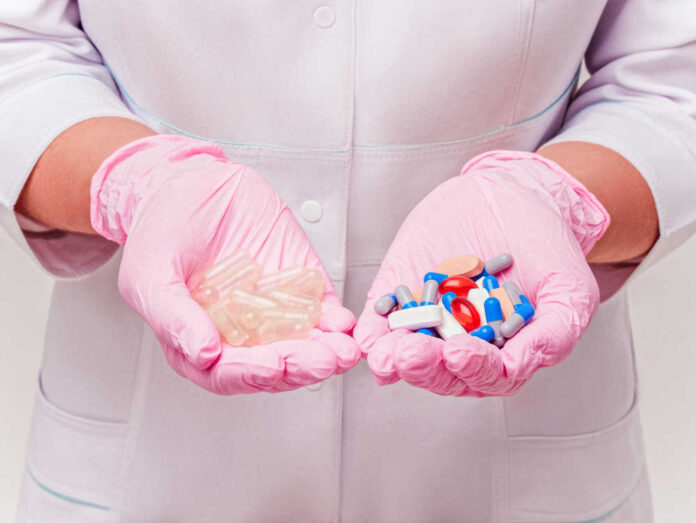
The placebo effect is one of the most intriguing phenomena in medicine.
Patients are given a fake treatment (a placebo), yet their symptoms improve.
How is this possible?
The Power of Expectations
In 2014, a clinical experiment was conducted to study how the information given to patients about their medication might influence the medicine’s effectiveness.
Each participant (66 in total, all were frequent migraine sufferers) documented seven migraine attacks. For each migraine, they were given a different (randomly assigned) treatment modality:
- Untreated
- 10 mg Maxalt (a real migraine medication), labeled as “Maxalt”
- 10 mg Maxalt, labeled as “Placebo”
- A placebo pill, labeled as “Maxalt”
- A placebo pill, labeled as “Placebo”
- 10 mg Maxalt, labeled as “Maxalt or Placebo”
- A placebo pill labeled as “Maxalt or Placebo”
The participants did not know that 2 of the treatments had been labeled falsely.
Unsurprisingly, the untreated migraine attacks resulted in the worst outcomes, and the real Maxalt, labeled truthfully as “Maxalt,” had the greatest effect.
But when the Maxalt was labeled as a placebo (when the patient believed the medicine was fake), even though it was real), it still helped, but not nearly as much.
It helped just as much as when the placebo was labeled as “Maxalt” (when the patient believed the medicine was real, even though it contained no active ingredients).
When it was possible that it may or may not be a real medicine (labeled as “Maxalt or Placebo”), the effect was diminished, but it was still generally helpful.
Interestingly, when these migraine patients were given a placebo and truthfully told it was a placebo (essentially saying, “This isn’t a real medicine. It’s just a sugar pill. But take it anyway.”), it still helped more than not taking anything.
The fake treatment worked (a little bit) even when they knew it was a fake treatment.
The Power of a Pill
Similar studies have been performed in other clinical contexts.
In a study examining cancer-related fatigue, for example, a similar effect was observed. When participants were given an open-label placebo treatment (a fake treatment that they knew was fake), they still reported significant improvements in their fatigue and quality of life.
Taking a pill (even a fake one) twice a day improved their symptoms, possibly because it gave them a sense of control and hope.
Another study looking at antidepressant treatment options also found similar results.
Why Does It Work?
It’s not entirely clear how or why the placebo effect works.
It likely has to do with how our brain and body interact.
Maybe it’s a form of learned association. We get sick, and we take some medicine, then we get better. Repeat this again and again all throughout your life, and your brain may become trained to respond to the act of taking medicine (even fake medicine) by releasing neurochemicals and hormones that make you feel better.
Or maybe it’s a form of confident belief. A smart doctor said that you would get better. You are relieved of the stress and worry that come with being sick. You have hope that things will improve. And this newfound confidence provides space for healing to happen.
A similar effect is sometimes observed in the opposite direction. If someone believes they will get sick, they worry about it constantly, and then they actually start experiencing real symptoms—possibly caused by their stress and anxiety.
The placebo effect doesn’t work for all conditions and for all people. None of these studies suggest we should throw out our medications and rely on the power of positive thinking.
But it does suggest that our beliefs and expectations about our health and treatments can have a powerful effect on how we experience illness and healing.
If you have hope and confidence that you will get better, you may fare better than someone who doesn’t have those beliefs.






















